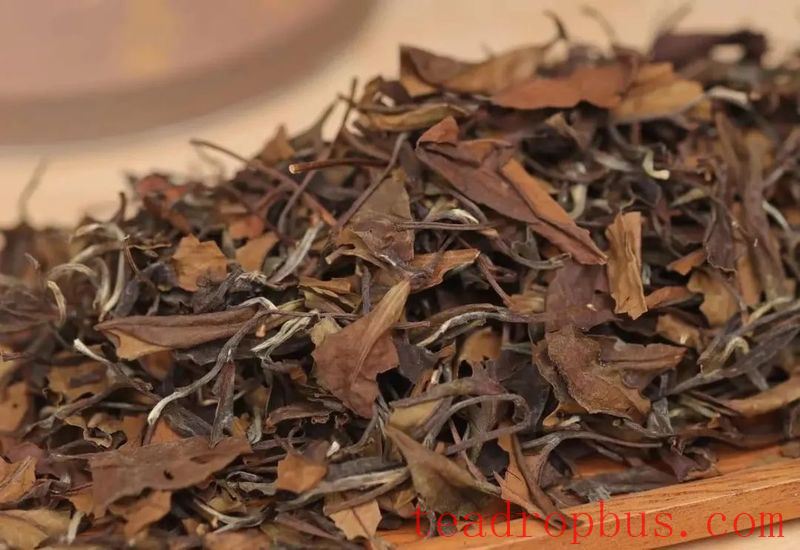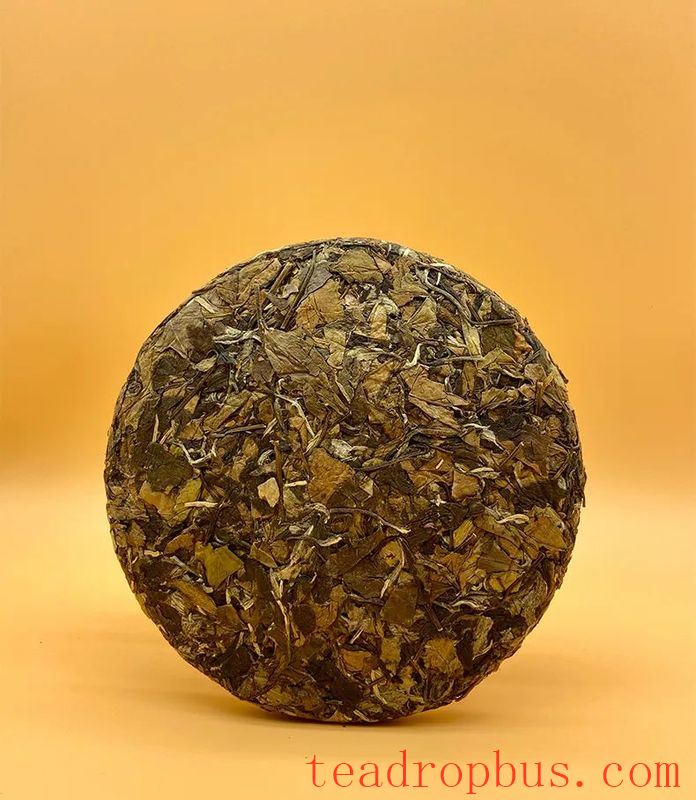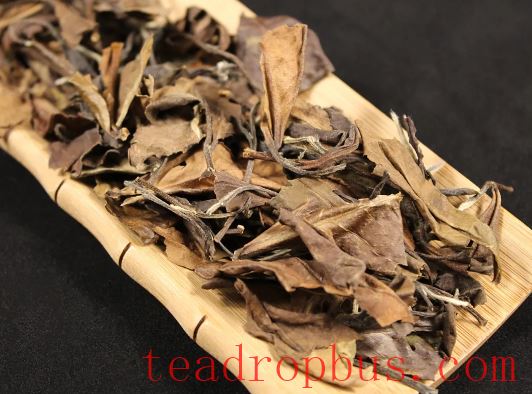In the world of Tea, aged white tea is like a wise elder, exuding unique charm after years of aging. However, the confusion of a tea enthusiast recently has given us much to ponder: why does the aroma of his ten-year-old white tea not surpass that of three-year-old tea?

According to this tea enthusiast, the white tea cake he had stored himself was kept sealed in a dry and cool environment, far from being artificially aged. When brewing the tea, he strictly followed the standard procedure, using a white porcelain Gaiwan, adding 5 grams of tea, and pouring boiling water over it with a quick pour. Yet, the result fell short of expectations—the tea's aroma was far less than anticipated.
Upon further investigation, it turned out that the problem lay in how the tea cake was broken apart. After breaking off pieces from the tea cake, the enthusiast left the white tea exposed for about two hours before brewing. The reason was that he had heard that “letting the tea breathe after breaking the cake allows the aged white tea cake to release its full aroma.” Unbeknownst to him, this goes against the proper storage principles for white tea, which is truly regrettable.
High-quality aged white tea cakes do not require being aired beforehand. Through time's refinement and natural transformation, top-quality aged white tea cakes have developed their distinct flavor profiles. Unlike new teas' bold aromas, the aroma of aged white tea is richer and deeper. It carries the soothing medicinal scent, the aged fragrance produced by the natural aging of plants, as well as the fresh floral scent reminiscent of orchids or Osmanthus. These aromas intertwine harmoniously, creating an indescribable and wonderful atmosphere.
When brewed with boiling water, such aged white tea releases its rich aromas and nutrients fully, resulting in a smooth, thick, and delicate tea liquor with a long-lasting sweetness. Moreover, well-crafted white tea cakes are often pressed with moderate firmness. The tiny gaps between the buds and leaves act like miniature ventilation holes, facilitating air circulation and internal transformation. During storage, the white tea can breathe freely, ensuring consistent external and internal transformations, thus maintaining its exceptional quality and flavor. Therefore, for aged white tea cakes that have already undergone perfect transformation, airing them beforehand is unnecessary.

Leaving white tea exposed to the air for extended periods leads to several adverse effects. Firstly, the aromatic compounds in white tea gradually evaporate, causing a loss of aroma. White tea has a rich and diverse range of aromas, from lid aromas to the aroma that lingers on the Cup. Once the aroma dissipates, the tea's aroma becomes monotonous and weak, and the taste is no longer full and rich, significantly diminishing its appeal.
More seriously, direct exposure to the air causes white tea to absorb moisture. Moisture seeps into the tea cake, altering its texture and flavor. For white tea, dampness is a disaster. It rapidly depletes the tea's aromatic components, giving the tea liquor a watery taste, ruining the mouthfeel, and triggering mold growth and spoilage, ultimately diminishing the precious value of the white tea cake.
Furthermore, some enthusiasts find their stored white tea cakes develop off-flavors, such as chocolate or plum flavors. For white tea, normal flavors should include aged and jujube scents. Off-flavors often indicate spoilage, possibly due to poor processing or improper storage later on. Such spoiled white tea has generated harmful substances and should not be consumed.
Some enthusiasts, reluctant to discard spoiled white tea cakes, attempt to reduce off-flavors through airing. This is akin to chasing a pipe dream. Harmful substances have penetrated deep into the tea, and airing cannot solve the problem. Continuing to drink such spoiled white tea poses a risk to one's health.

Airing high-quality aged white tea cakes in the open air is like trying to help seedlings grow faster by pulling on them—it does not improve the tea's quality but may damage its original flavor. As for spoiled white tea cakes, no amount of rescue can change the fact that they are spoiled.
Therefore, when storing tea, we should choose high-quality white tea cakes and provide them with a suitable storage environment. When brewing, follow the correct method—take what you need and enjoy it immediately. Only then can we truly appreciate the captivating charm of aged white tea and savor the unparalleled tea-drinking experience.
In summary, tea storage is a science that requires our dedicated attention. Don't let incorrect methods and misconceptions ruin our precious aged white tea. Cherish every leaf and respect the years of aging to find the true essence in the aroma of tea.